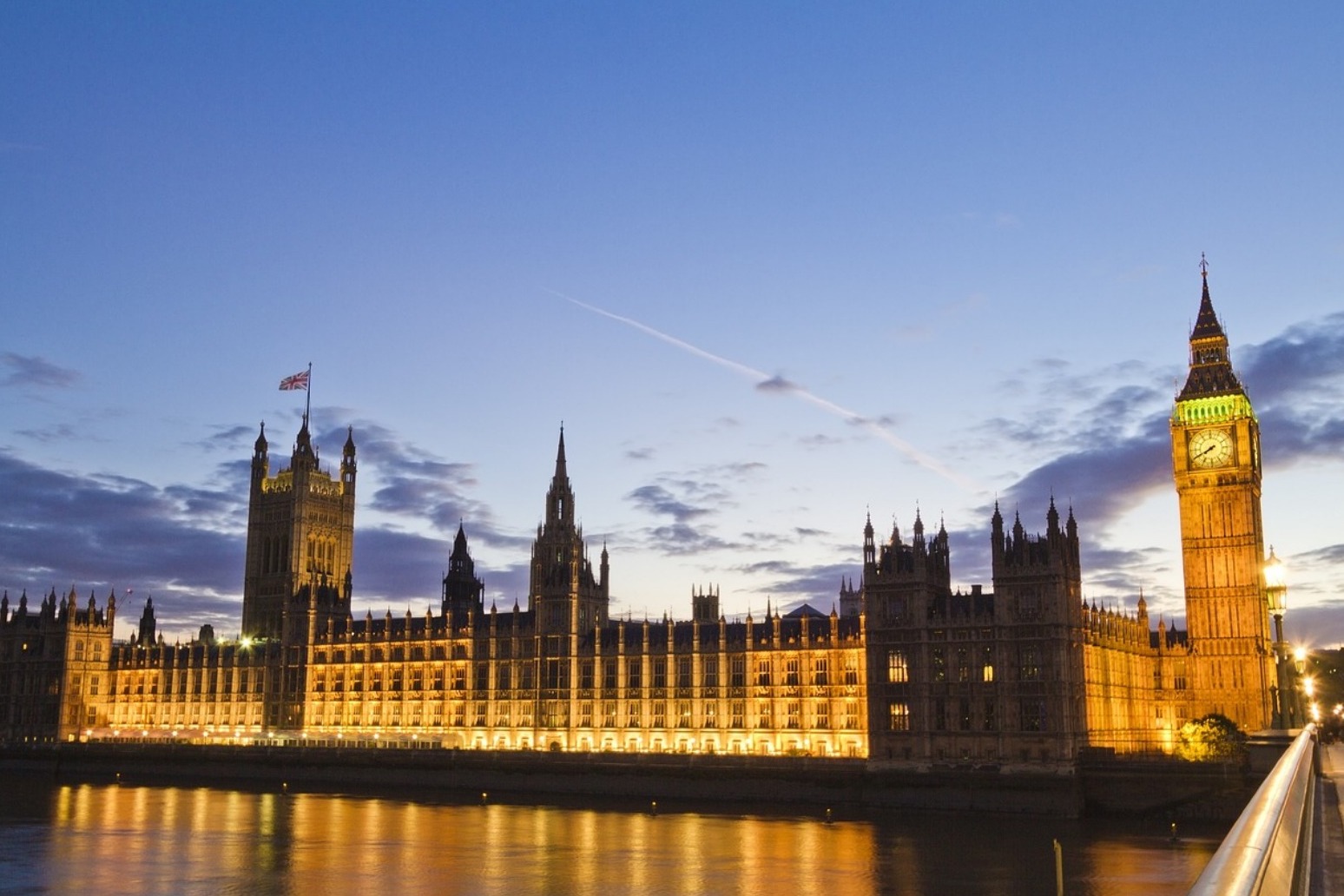
Austerity coming to an end - Hammond
Philip Hammond held out the prospect of an end to Britain's long spending squeeze provided the government secures a Brexit deal with the EU.
It's putting pressure on the divided Conservative Party to back Prime Minister Theresa May.
Delivering an annual budget speech that sought to change the tone about tax and spending a decade after the financial crisis, Hammond announced tax cuts for households and the easing of welfare curbs for poorer working families.
He also took aim at big tech firms such as Google, Facebook and Amazon with a new sales levy.
In his last tax and spending plan before Britain leaves the European Union in five months' time,Hammond tried to help May overcome resistance in her party about how close Britain should stay after Brexit to the bloc that buys nearly half its exports.
"When our EU negotiations deliver a deal, as I am confident they will, I expect that the 'Deal Dividend' will allow us to provide further funding," Hammond told parliament.
"The hard work of the British people is paying off. Austerity is coming to an end."
Britain's economy has slowed since the 2016 Brexit vote, but not as much as many economists had feared.
Despite surprisingly strong tax receipts, as well as a modest upgrade to the economy's growth rate, Hammond announced only a relatively small fall in Britain's borrowing needs between now and the mid-2020s.
"The budget spends the fiscal windfall rather than saving it," the Office for Budget Responsibility, whose forecasts underpin Hammond's plan, said.
Credit agency Moody's, which stripped Britain of its AAA rating in 2013, said the new budget plan did not change its view that public debt would remain high for a long time, a reminder of the constraints facing Hammond.
But he stressed the upside of getting a deal with Brussels, saying it would dispel uncertainty weighing on businesses and allow him to spend money he is holding back as a reserve in case of a no-deal shock.
May's problems in getting the Conservatives behind her Brexit strategy have raised concerns that Britain could leave the EU without a transition deal.
Published: by Radio NewsHub